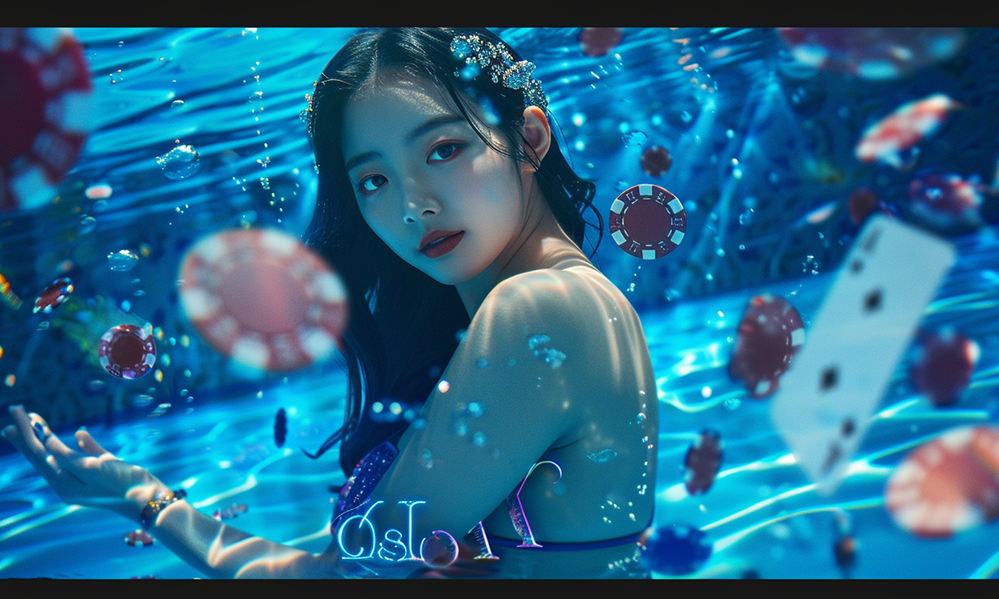- Trang Chủ
- 777PNL login RegisterFilbet
- 777PNL login Registerjilieagle
- 777PNL login Registerjilieagle.cc
- 777PNL login Register30JILI
- 777PNL login Registerjilieagle
- 777PNL login Registerjilieagle
- 777PNL login Registerjilieagle
- 777PNL login Registerjilieagle
- 777PNL login Registerjilieagle
- 777PNL login Registerjilieagle

Introduction: The Timeless Allure of Royal Adjectives
In the vast universe of language, adjectives are the jewels that adorn communication. They bring life to nouns, lending color, texture, and emotion to the most mundane of expressions. Among these adjectives, there exists a group that stands tall, evoking visions of palaces, crowns, and coronations—royal adjectives. These words possess an inherent elegance and grandeur that instantly elevates any sentence, transforming it into a majestic statement fit for kings and queens. But what exactly makes a royal adjective so special, and how can you harness their power in your own writing?
Royal adjectives are words inspired by the qualities and attributes often associated with royalty. They carry connotations of authority, grace, sophistication, and power, and their usage brings an air of nobility to everyday language. Whether you're describing a sumptuous feast, an imposing castle, or the dignified demeanor of a leader, these adjectives have the ability to transport your audience to a world of grandeur.
The Subtle Power of “Majestic”
One of the most prominent royal adjectives is “majestic.” Derived from the Latin word majestas, meaning greatness or dignity, “majestic” is synonymous with magnificence and splendor. When you describe something as majestic, you aren’t merely suggesting that it’s grand—you’re implying that it commands respect, like a towering mountain or a regal monarch. Consider the difference between describing a landscape as “beautiful” versus “majestic.” The latter evokes images of towering peaks, sweeping vistas, and a profound sense of awe. This subtle shift in word choice transforms your description into something far more impactful and memorable.
In practical use, “majestic” can apply to a variety of subjects beyond the natural world. A powerful leader with a commanding presence might be referred to as “majestic,” implying their innate ability to inspire and lead with dignity. A symphony that moves the soul with its grandiosity might also be termed “majestic,” suggesting that it transcends the ordinary and reaches for something divine. The magic of this adjective lies in its versatility and the way it brings an air of nobility to whatever it touches.
The Elegance of “Regal”
Next in line is “regal,” another quintessential royal adjective. This word comes from the Latin regalis, meaning “kingly,” and is used to describe anything that possesses the qualities of a king or queen. “Regal” is particularly useful when describing people, but it can also be applied to objects, actions, or atmospheres that exude a sense of stateliness and grandeur.
Picture a room decorated with opulent furniture, chandeliers hanging from high ceilings, and velvet drapes framing tall windows. While “fancy” or “luxurious” might describe the scene adequately, “regal” elevates it to a whole new level. It implies a kind of elegance and sophistication that is rare and exclusive, the sort that befits royalty. A regal person,Jilipay meanwhile, 10jili walks with grace, FC 777 slot login speaks with authority, Abc Jili com download and commands attention with their very presence. The beauty of this adjective lies in its ability to convey not just wealth or luxury, Winph99 com m home login but a sense of inherent nobility and class.
Embodying Grandeur with “Imperial”
Another royal adjective that evokes grandeur and authority is “imperial.” Derived from the Latin imperium, meaning “command” or “rule,” “imperial” carries with it connotations of empire and dominion. It suggests something vast, powerful, and enduring, like the sprawling empires of history. “Imperial” is often used to describe things that are grand in scale or nature, from architecture to policies to the very demeanor of a leader.
Imagine a vast, marble palace with towering columns and intricate carvings. Describing it as “large” or “grand” would certainly capture its size, but calling it “imperial” infuses the image with a sense of history, authority, and command. It becomes not just a building, but a symbol of power and dominance. Likewise, an “imperial” attitude implies someone who is not just confident, but commanding—someone who exerts influence and authority over those around them.
Noble Sophistication in “Sovereign”
While many royal adjectives emphasize grandeur and opulence, “sovereign” carries a different kind of weight. Coming from the Latin superanus, meaning “above” or “superior,” “sovereign” refers to supreme authority, often that of a monarch who rules over a nation or territory. When used as an adjective, it can describe anything that is independent, ultimate, or supreme in its domain.
777PNL login Registerjilieagle.ccIn modern usage, “sovereign” is often applied to leaders or nations, but it can also be used in a more abstract sense. A “sovereign decision,” for instance, is one made with complete authority and without outside influence. A person with “sovereign judgment” is someone whose opinions are respected and rarely questioned. There’s a quiet strength in the word “sovereign”—it suggests not just power, but control and mastery over one’s domain.
Royal Adjectives in Everyday Speech
While these royal adjectives might seem suited to describing castles and kings, they can be just as effective in everyday language. The key to using them effectively is moderation and context. Overusing royal adjectives can make your writing feel overwrought or pretentious, but sprinkling them strategically throughout your speech or prose can add a touch of elegance and sophistication.
For instance, instead of saying you had a “wonderful” time at a luxurious dinner, you might describe the evening as “splendid” or “exquisite,” both of which carry a regal air. Rather than calling someone a “great leader,” you could refer to them as “commanding” or “noble,” elevating their status with just a word. By carefully selecting adjectives with royal connotations, you infuse your language with a sense of grace, power, and refinement.
Conclusion: The Power of Royal Adjectives
In part one of this exploration into royal adjectives, we’ve touched upon a few of the most common yet powerful examples: “majestic,” “regal,” “imperial,” and “sovereign.” These words, when used thoughtfully, have the ability to elevate ordinary language into something truly extraordinary. They evoke images of grandeur, power, and sophistication, lending an air of authority and elegance to whatever they describe.
In part two, we will continue this journey by exploring more royal adjectives and discovering additional ways to incorporate them into your language, enhancing your communication with a regal touch. Stay tuned to learn how you can speak and write like royalty.
A Flourish of Opulence with “Luxurious”
Continuing our journey through the world of royal adjectives, we arrive at “luxurious.” While it may not directly reference royalty, “luxurious” embodies the kind of indulgence and opulence that one might associate with a king or queen’s lifestyle. Derived from the Latin luxuria, meaning excess or extravagance, this adjective is perfect for describing anything that feels rich, sumptuous, or overly indulgent.
Imagine a room filled with silk cushions, golden candelabras, and intricate tapestries. Rather than simply calling it “richly decorated,” you could describe it as “luxurious,” evoking a sense of deep comfort and indulgence. Whether used to describe a setting, a meal, or even a lifestyle, “luxurious” paints a picture of abundance and pleasure, fit for the most discerning of royalty.
Resplendent with “Magnificent”
Another royal adjective that carries connotations of grandeur and beauty is “magnificent.” Derived from the Latin magnificentia, meaning greatness of action or character, “magnificent” is used to describe something that is both impressive in scale and striking in its beauty. It implies that the object in question is not just large or impressive, but truly awe-inspiring.
When applied to a person, “magnificent” suggests someone who carries themselves with great dignity and presence. When used to describe a place or event, it conjures images of dazzling beauty and exceptional grandeur. Whether you’re talking about a performance, a palace, or a grand gesture, calling it “magnificent” elevates it from the ordinary to the extraordinary.
Jilino1 app downloadable contentwww.great-dating-services.com









